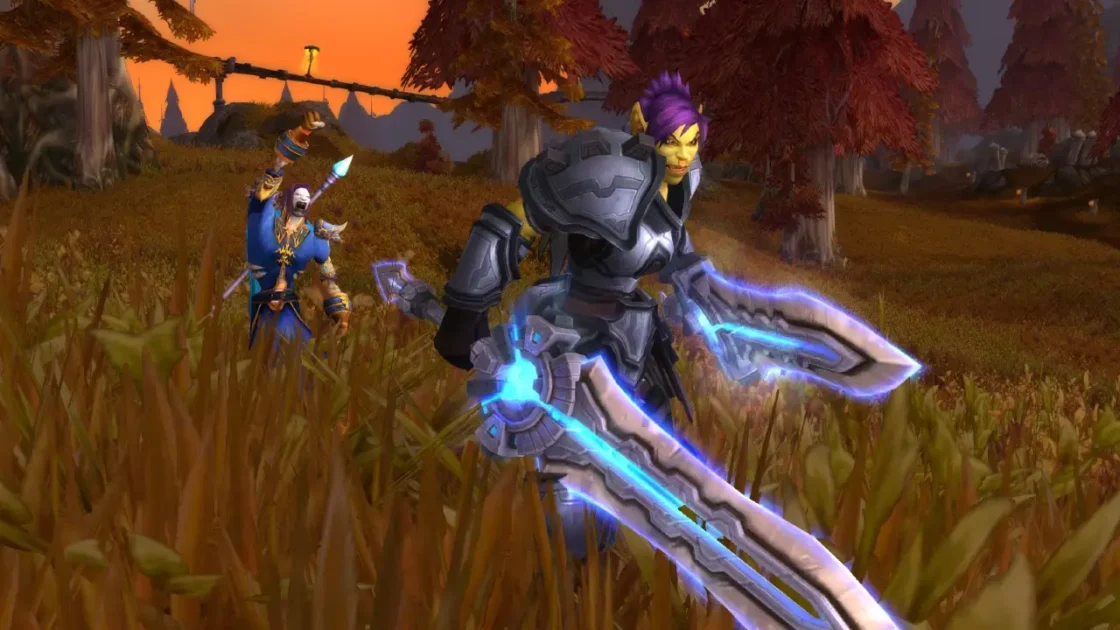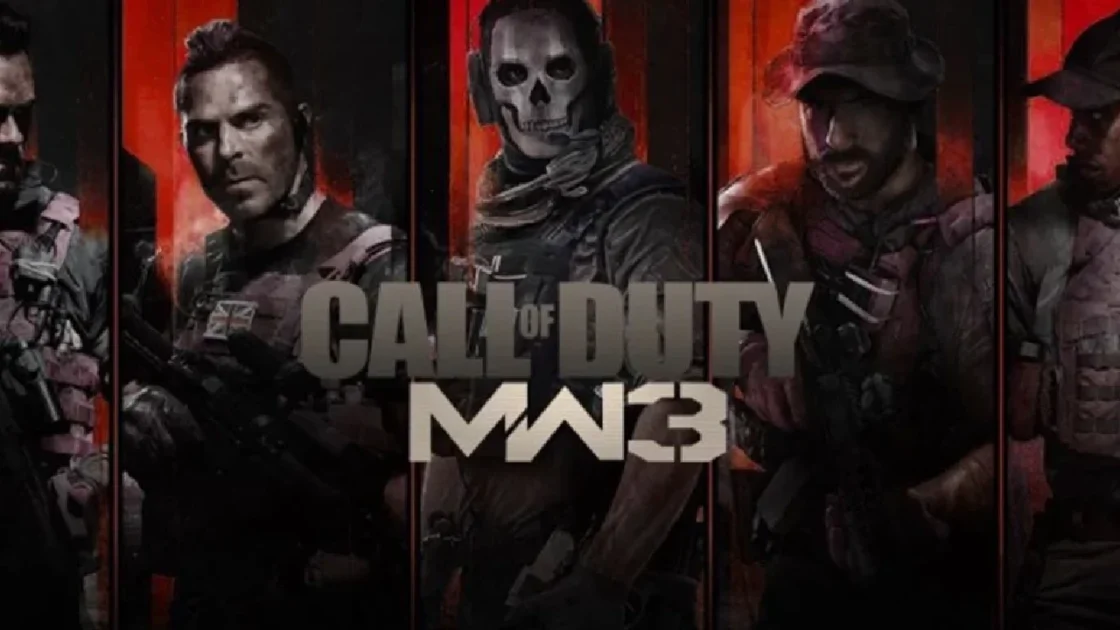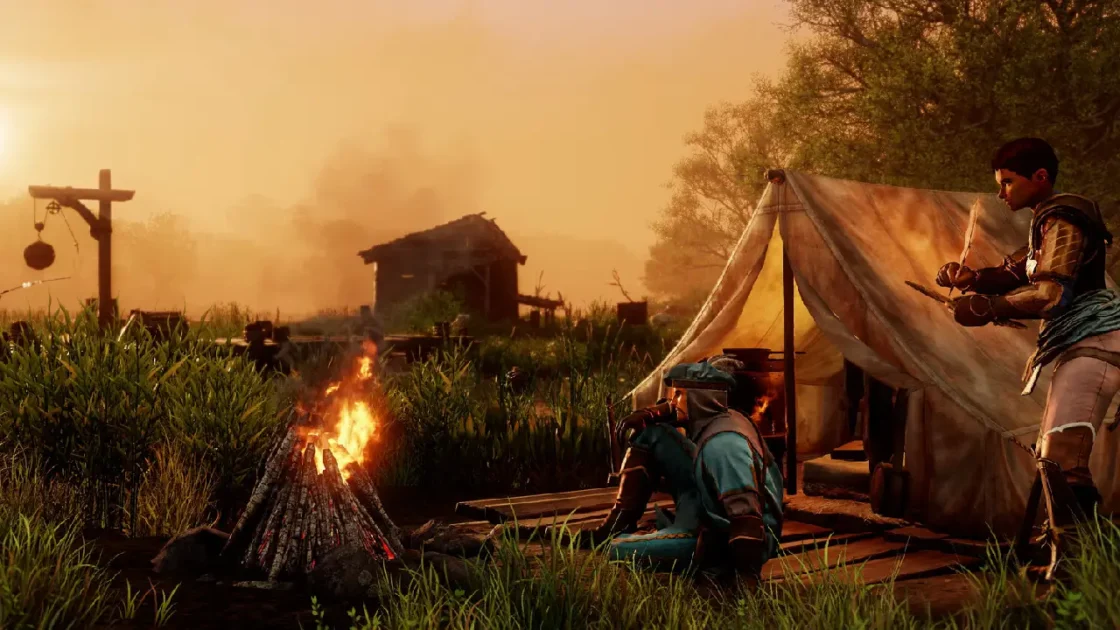Gaming bonuses have guided players into a deeper appreciation for their favorite games for decades. Today, bonuses can be found far and wide—from World of Warcraft to Fortnite Battle Royale. Even online casinos have them, such as the PA casino bonuses offered to fans of games with extra stakes like poker or slots. These little incentives have existed for a long time, and their evolution is unmistakable.
The Origins

In the beginning, bonuses were incredibly simple. They usually entailed free extra lives or perhaps a secret level for extremely inquisitive players. In arcade games, bonus levels became some of the first really exciting and—for the time—advanced rewards for dedicated players, with the first being attributed to Rally-X in 1980.
Other bonus levels from the arcade era include those found in the likes of Street Fighter II and Super Monkey Ball. Some games, such as Super Mario Bros. 2, offered levels with a completely different interface than the rest of the game. This gave gamers something fresh and delightful to look forward to during gameplay.
Console Games

Eventually, gaming moved inside the home. In the 1990s, the age of the home console began. While Sega and Nintendo fought for the number one spot in homes across America and the World, gaming bonuses became richer and more complex.
Hidden levels offered additional incentives for gamers to play through the end of the game. Sonic Adventure 2, for example, was infamously difficult to complete, but the reward made it worth the extra hours—the classic Green Hill Zone recreated in 3D.
Secret characters began unveiling themselves, such as Drum Stick on Diddy Kong Racing and Magus from Chrono Trigger. While many of the “secrets” didn’t stay secret for long—trading game secrets is as old as gaming itself—it did inspire and encourage an entire generation of players to dig deep into gameplay.
The Evolution of In-Game Bonuses
‘Unlockables’ actually required players to demonstrate some level of skill to be rewarded. Exceptional players could unlock not only characters but new modes and entire storylines. This led to (justified) bragging rights and the motivation for gamers to sharpen their skills, hoping that they would have something to boast about to their friends.
Cheat codes became widely shared and traded. Who could forget the Konami Code? Anyone who played Contra knows the game wouldn’t be the same without the possibility of extra lives. Once cheat codes became synonyms with hidden bonuses, the phenomena stuck—many modern games still reward players with bonus material once they are in the know (and have the codes).
As a fast internet connection became part of every household and MMORPGs rose in popularity, monthly rewards became an integral part of gaming bonuses. By logging in and completing gaming quests at least once a month, users could earn points to use for in-game rewards. World of Warcraft’s Trading Post, expanded in early 2023, is an example of how this type of bonus is still pertinent today.
The Controversy of Gaming Bonuses

Starting in the early 2000s, the rise of microtransactions began to blur the line between skill and wallet size. While gaming bonuses were once rewarded for player skill, some became available behind a paywall. Bonuses like power-ups, vehicles, or new clothing for characters became available for those willing to pay for them.
The loot box blurred the line between gambling and gaming. The randomized reward incentivized young players to keep trying their luck to get better bonuses. While not all loot boxes use the same mechanics, those that required payment with real money became controversial. The entire international gaming community was split, with some countries eventually regulating its use.
Modern Day
Today’s gaming bonuses are a mixed bag. Gaming as Service (GaaS) models employ a variety of bonus content, from daily login rewards to cosmetic bonuses. Some games mix traditional methods of gaming rewards, such as allowing players to collect badges with savvy gameplay, while also offering paid access to upgrades, accessories, skins, and other items.
Subscribing to other services is another way players may access unique gaming bonuses. If a player has a subscription to Amazon Prime, for example, they can access various bonus in-game content for League of Legends, Roblox, and other popular games.
Online Casino Game Bonuses
Bonuses are a relatively consistent part of online casino gaming. Players receive bonuses through free spins, deposit matches, or even cashback. As with most games, even those that aren’t explicitly connected to casino play, bonuses encourage participants to try new techniques or push gameplay further.
What’s Next for the World of Bonuses?
Predicting the future is an unsurmountable task, but it’s safe to say that gaming bonuses aren’t going anywhere. While the industry may shy away from future controversy by shifting away from microtransactions, virtual and augmented technology present an interesting opportunity for new types of interactive gaming rewards.

